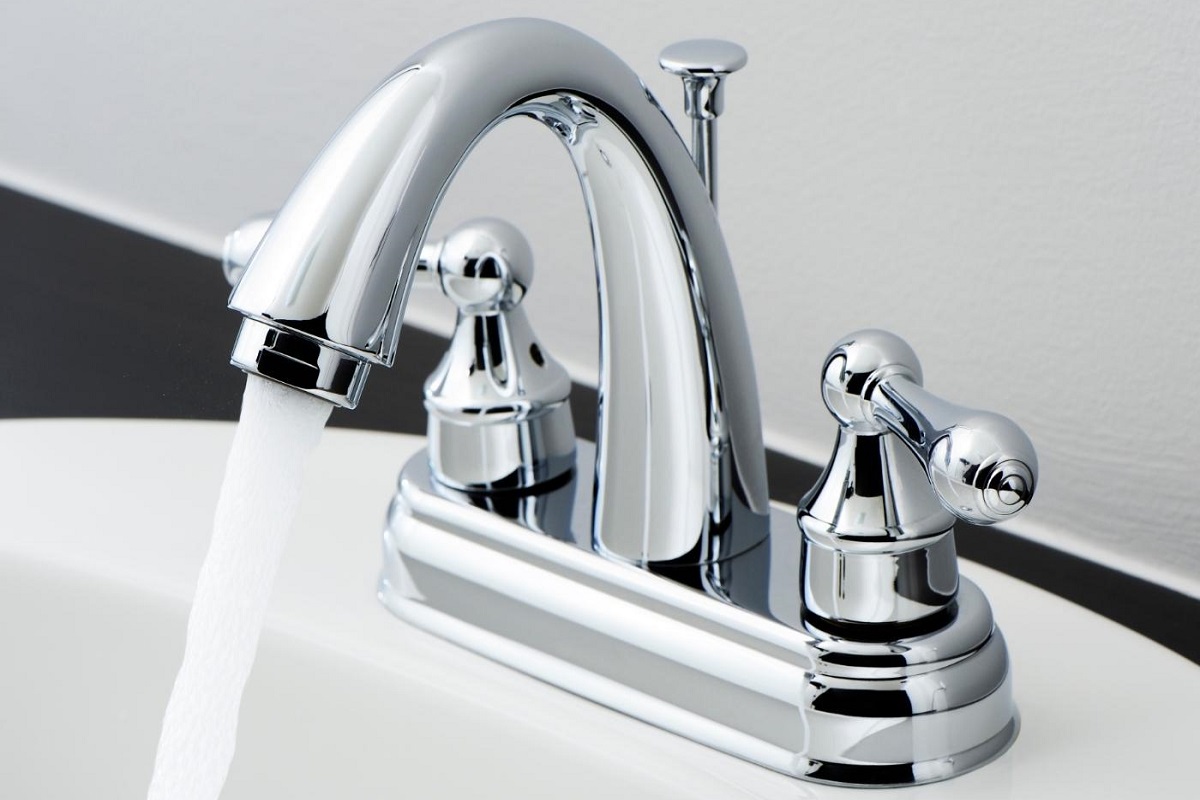Introduction
A leaky faucet can be a minor annoyance or a significant water waster. If the problem persists despite repeated tightening, it may be due to a stripped faucet handle. Stripped faucet handles occur when the threads inside the handle become worn or damaged, preventing the handle from gripping the faucet stem properly. As a result, the handle may spin freely without actuating the water flow.

Image: cozyhousetoday.com
While replacing the faucet handle is an ultimate solution, you may prefer a cost-effective and less time-consuming approach. This comprehensive guide will provide detailed instructions on how to fix a stripped faucet handle, empowering you to solve this plumbing issue independently.
Understanding Stripped Faucet Handles
Faucet handles are typically fastened to the faucet stem by screws or bolts. Over time, repeated use and excessive force can strip the threads inside the handle, rendering the screws ineffective. Other contributing factors to stripped faucet handles include corrosion, improper installation, or the use of mismatched screws.
Identifying a Stripped Faucet Handle
Diagnosing a stripped faucet handle is straightforward. When you try to tighten the handle, it will spin freely without resistance. In some cases, the handle may wobble or move side-to-side. Additionally, you may notice water leaking from the base of the handle.
Tools Required
To fix a stripped faucet handle, you will need the following tools:
- Adjustable wrench
- Hex key (Allen key)
- Flathead screwdriver
- Phillips screwdriver
- Replacement screws or bolts (if necessary)

Image: www.unclogadrain.com
Step-by-Step Instructions
Step 1: Turn Off the Water Supply
Locate the water supply valves beneath the sink and turn them off to prevent water from flowing while you work.
Step 2: Remove the Handle
There are two common types of faucet handles: screw-on and bolt-on.
- Screw-on handles: Use a flathead or Phillips screwdriver to remove the screw holding the handle in place. Carefully pull the handle straight up and off the faucet stem.
- Bolt-on handles: Insert a hex key into the set screw on the side of the handle. Turn the hex key counterclockwise to loosen the screw, then slide the handle off the stem.
Step 3: Inspect the Faucet Stem
Once the handle is removed, inspect the faucet stem for any damage or corrosion. If the stem is damaged, it may need to be replaced. Otherwise, proceed to the next step.
Step 4: Insert a Washer or Rubber Band
To create a temporary seal around the faucet stem, wrap a thin washer or rubber band around the base of the handle. This will prevent water from leaking and provide additional grip for the screw or bolt.
Step 5: Reattach the Handle
Align the handle with the faucet stem and slide it into place. If the handle has a screw, tighten it snugly using a screwdriver. For a bolt-on handle, tighten the set screw using a hex key.
Step 6: Turn On the Water Supply
Slowly turn the water supply valves back on and check for any leaks. If the leak persists, you may need to adjust the screw or bolt further or replace the washer or rubber band.
Step 7: Test the Handle
Operate the faucet handle to ensure it is working correctly. The handle should turn smoothly and actuate the water flow effectively.
Expert Insights and Actionable Tips
- Use a flashlight to inspect the inside of the faucet handle and stem for any visible damage.
- If the threads inside the handle are severely damaged, you may need to purchase a replacement handle from a hardware store or plumbing supply center.
- Consider using a thread locker or sealant on the screws or bolts to prevent them from loosening over time.
- If your faucet has multiple handles, be sure to fix any stripped handles on all handles to prevent leaks and ensure proper functionality.
How To Fix A Stripped Faucet Handle
Conclusion
By following these comprehensive instructions, you can successfully fix a stripped faucet handle, saving time, money, and water. Remember, if the problem persists or if you encounter any difficulties, do not hesitate to consult a licensed plumber for professional assistance. Maintaining your faucets and addressing minor issues promptly can prevent larger problems and keep your plumbing system running smoothly and efficiently.